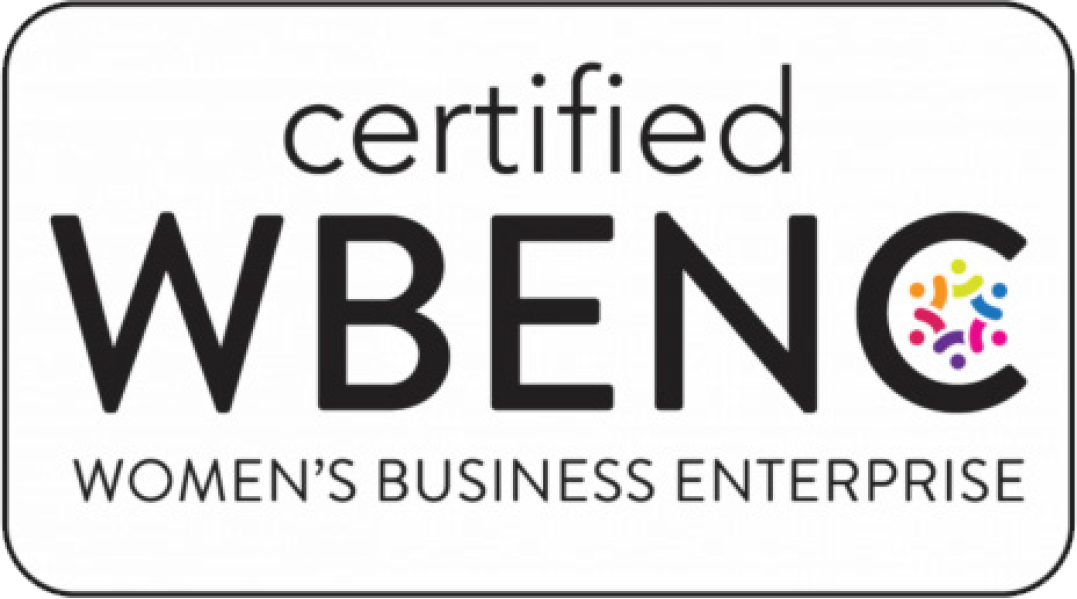We’ve all been there.
Lounged out on the couch, wrapped up in blankets, snacks scattered across the coffee table. Your favorite show automatically plays one after another on the TV. Netflix has the gall to ask if you’re still watching. You glance at your phone and it tells you it’s 1 a.m.
1 a.m.? How did that happen? You just couldn’t look away from the screen. It’s that good.
Marketing copy can be just as compelling, especially when you borrow these three tips from the small screen:
1) Appeal to emotion
If you’ve never had a physical reaction to a TV show, you’re not watching the right ones. (I’m looking at you, “Scandal” and “Orange is the New Black.”) The best shows stir something up in you, whether it’s a gasp or happy tears.
Good marketing copy will connect with audiences on an emotional level. Studies have shown that advertisers have more success when they appeal to emotions rather than logic. By the numbers, 31 percent of advertisers report significant profit gains with emotional campaigns, versus 16 percent with rational campaigns.
In general, some of the best emotions to invoke include belonging, trust, competition, fear and guilt.
2) Charge up your language
You don’t have to go R-rated just to trigger an emotional reaction among your target audiences. With some carefully chosen words, you can build emotion into your story, and improve the effectiveness of your advertising.
A quick and easy rule to follow is to use shorter, more basic words, rather than intellectual ones.
For example, change additionally to there’s more. Concerned to worried. Difficult to tough or hard. These common words carry more emotional weight, and are proven to be more successful when getting consumers to act on their emotion.
Other powerful words in marketing copy include: you, new, save, love, results and guarantee.
3) Throw in a plot twist
An unexpected plot twist never fails to catch people’s attention and get them talking. This was the case in “How I Met Your Mother” (still not over it), and it also holds true in marketing copy.
One of the first lessons copywriters learn is how to take a well-known phrase and give it an element of the unexpected. It’s a clever way to get the reader to notice your message.
For example, a straightforward line for an anti-drunk driving ad could be:
“Be responsible. Don’t drink and drive.”
It’s solid and concise, but there’s nothing out of the ordinary about it to catch the reader’s attention.
Instead, see how this turn of a phrase is more effective:
“This one’s on you. Don’t drink and drive.”
Instead of telling readers to follow the rules, it walks an entirely different line. It inverts the jolly bar phrase “this one’s on me” and turns it into something more tragic. (Plus, it plays on the ever-motivating emotion, guilt.)
Whether you use one or two of these techniques or go for all three, emotionally charged copy will bring you better results. All you have to do is borrow from the small screen.
Need help elevating your copy with engaging techniques? Contact WordsFresh for a creative approach to meeting your business goals.
We’ve all been there.
Lounged out on the couch, wrapped up in blankets, snacks scattered across the coffee table. Your favorite show automatically plays one after another on the TV. Netflix has the gall to ask if you’re still watching. You glance at your phone and it tells you it’s 1 a.m.
1 a.m.? How did that happen? You just couldn’t look away from the screen. It’s that good.
Marketing copy can be just as compelling, especially when you borrow these three tips from the small screen:
1) Appeal to emotion
If you’ve never had a physical reaction to a TV show, you’re not watching the right ones. (I’m looking at you, “Scandal” and “Orange is the New Black.”) The best shows stir something up in you, whether it’s a gasp or happy tears.
Good marketing copy will connect with audiences on an emotional level. Studies have shown that advertisers have more success when they appeal to emotions rather than logic. By the numbers, 31 percent of advertisers report significant profit gains with emotional campaigns, versus 16 percent with rational campaigns.
In general, some of the best emotions to invoke include belonging, trust, competition, fear and guilt.
2) Charge up your language
You don’t have to go R-rated just to trigger an emotional reaction among your target audiences. With some carefully chosen words, you can build emotion into your story, and improve the effectiveness of your advertising.
A quick and easy rule to follow is to use shorter, more basic words, rather than intellectual ones.
For example, change additionally to there’s more. Concerned to worried. Difficult to tough or hard. These common words carry more emotional weight, and are proven to be more successful when getting consumers to act on their emotion.
Other powerful words in marketing copy include: you, new, save, love, results and guarantee.
3) Throw in a plot twist
An unexpected plot twist never fails to catch people’s attention and get them talking. This was the case in “How I Met Your Mother” (still not over it), and it also holds true in marketing copy.
One of the first lessons copywriters learn is how to take a well-known phrase and give it an element of the unexpected. It’s a clever way to get the reader to notice your message.
For example, a straightforward line for an anti-drunk driving ad could be:
“Be responsible. Don’t drink and drive.”
It’s solid and concise, but there’s nothing out of the ordinary about it to catch the reader’s attention.
Instead, see how this turn of a phrase is more effective:
“This one’s on you. Don’t drink and drive.”
Instead of telling readers to follow the rules, it walks an entirely different line. It inverts the jolly bar phrase “this one’s on me” and turns it into something more tragic. (Plus, it plays on the ever-motivating emotion, guilt.)
Whether you use one or two of these techniques or go for all three, emotionally charged copy will bring you better results. All you have to do is borrow from the small screen.
Need help elevating your copy with engaging techniques? Contact WordsFresh for a creative approach to meeting your business goals.


